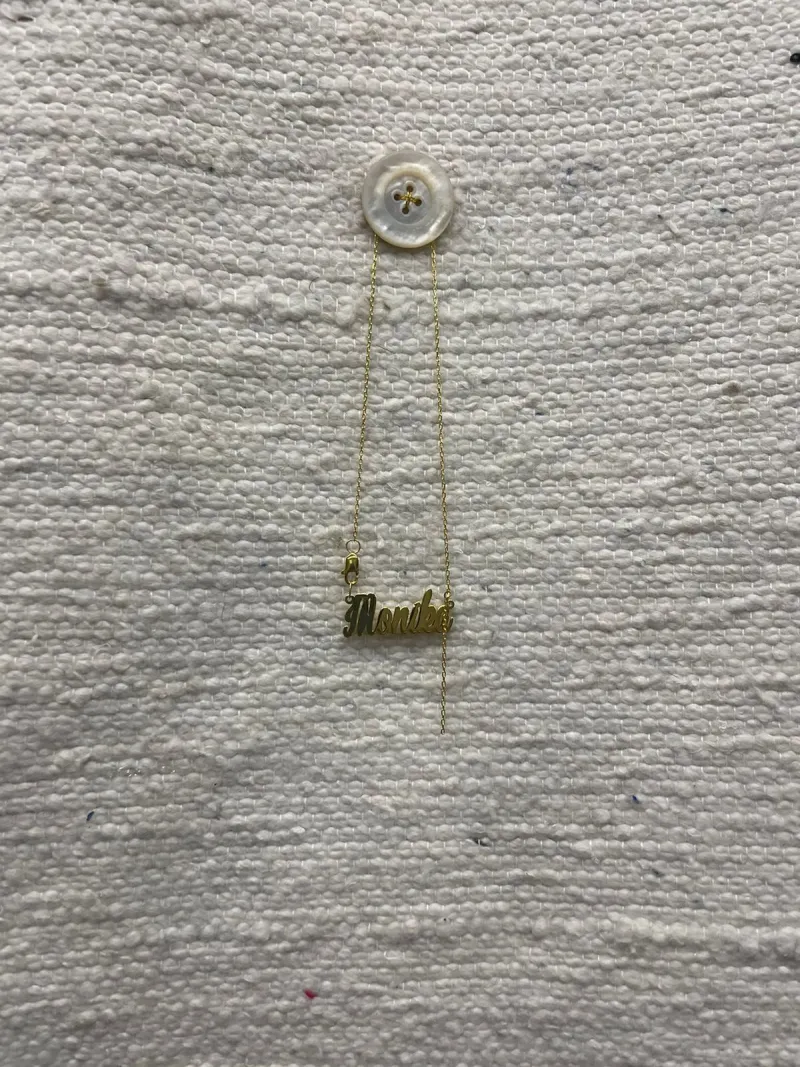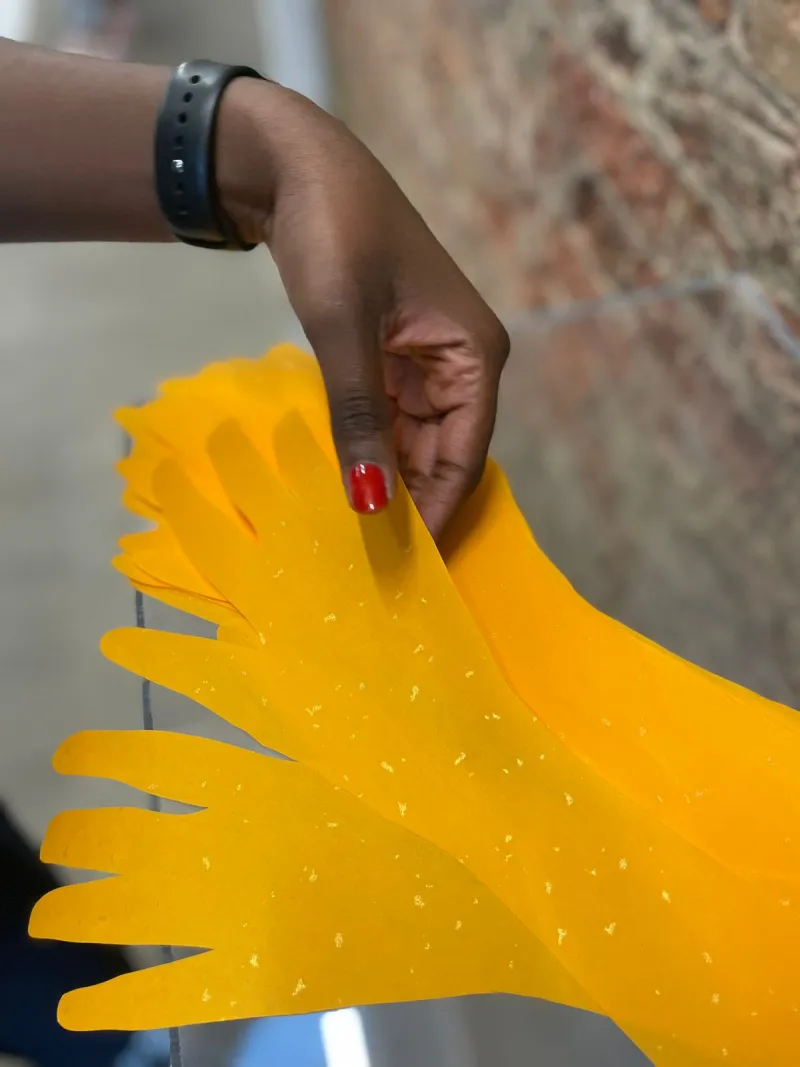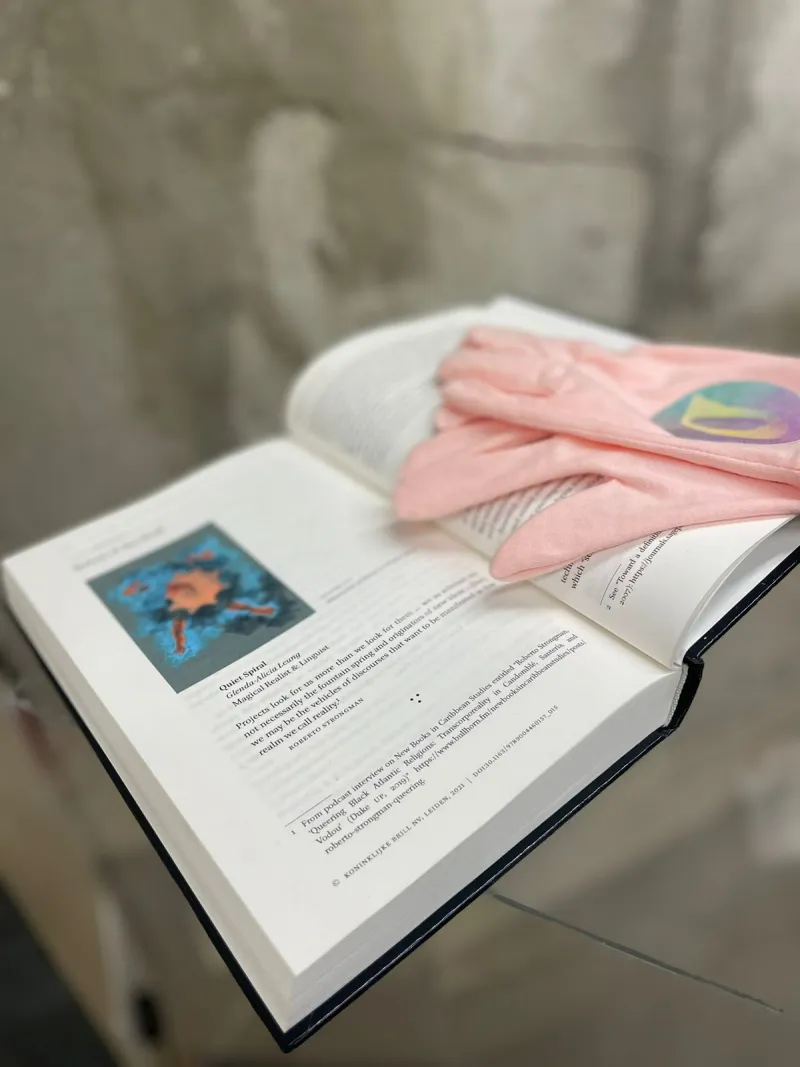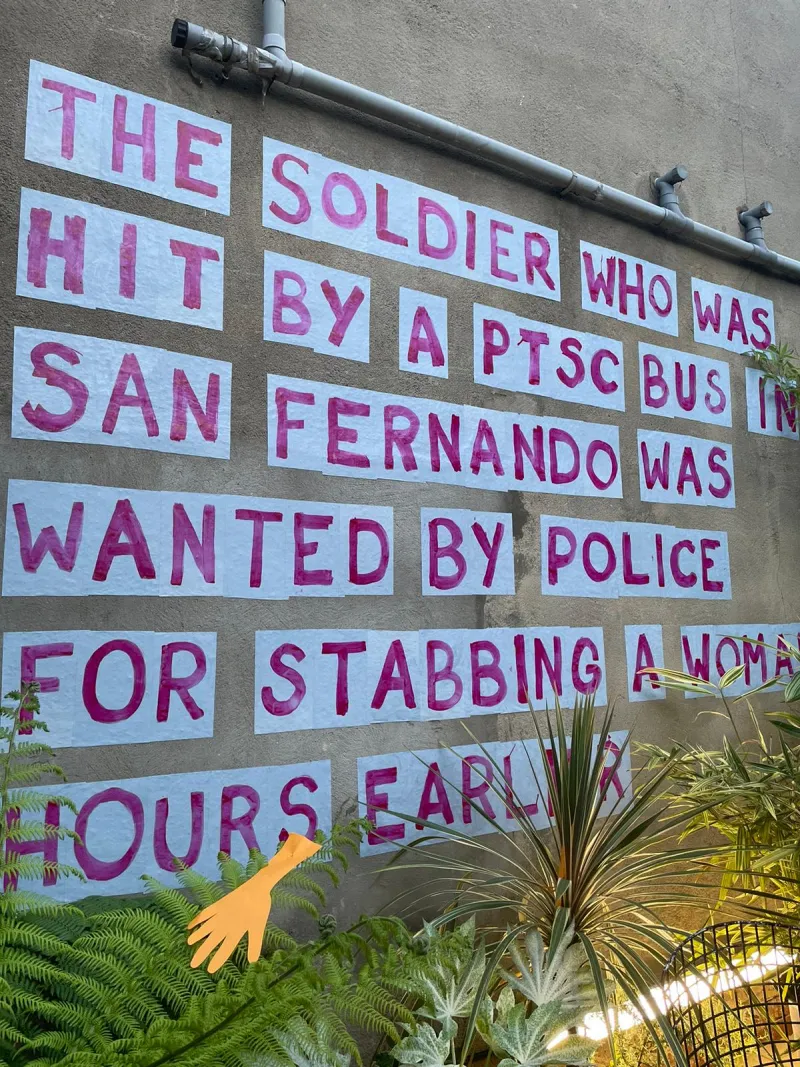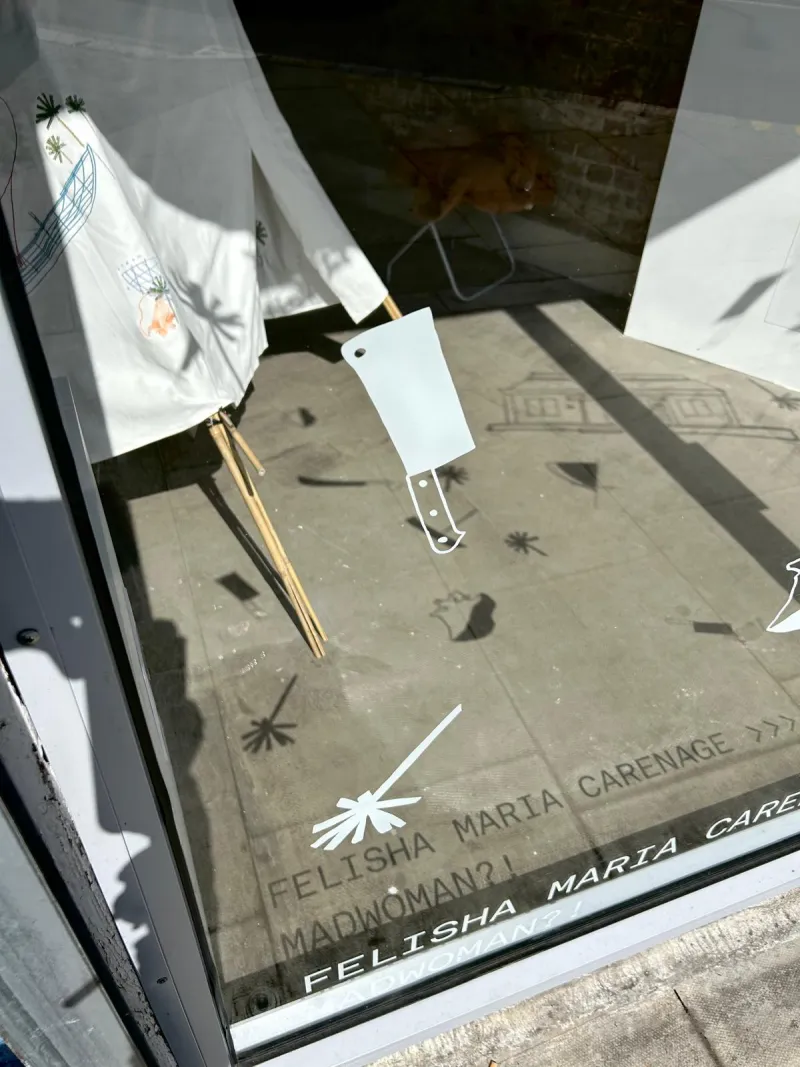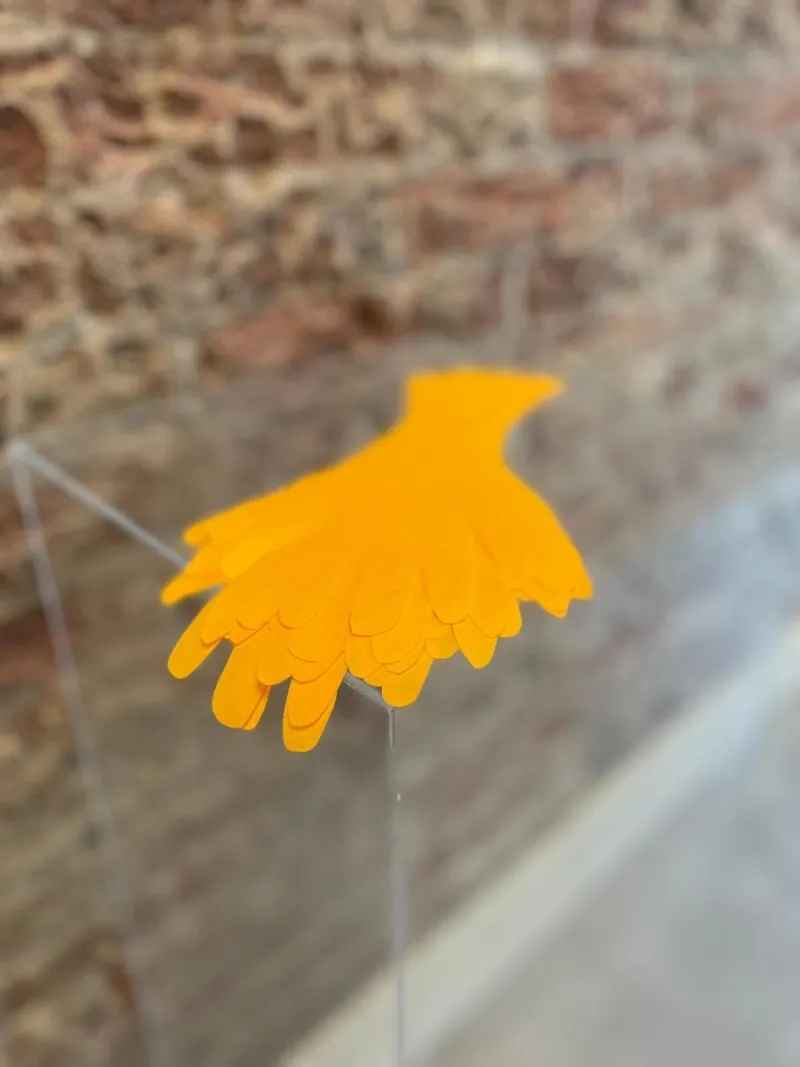MADWOMAN?! at Ruby Cruel
"Credibility is a basic survival tool. When I was very young and just beginning to get what feminism was about and why it was necessary, I had a boyfriend whose uncle was a nuclear physicist. One Christmas, he was telling—as though it were a light and amusing subject—how a neighbor’s wife in his suburban bomb-making community had come running out of her house naked in the middle of the night screaming that her husband was trying to kill her. How, I asked, did you know that he wasn’t trying to kill her? He explained, patiently, that they were respectable middle-class people. Therefore, her-husband-trying-to-kill-her was simply not a credible explanation for her fleeing the house yelling that her husband was trying to kill her. That she was crazy, on the other hand…. "
- Rebecca Solnit, Men Explain Things to Me (my emphasis)
The Madwoman?! works are the latest in the Drawing Breath project, which investigates the intimate lives of unknowable women. Moving on from clothing’s potential to regulate bodies, playing with ideas of performance and spectatorship, I examined gendered violence in public and private space. What care is taken by people with agency, and what care must be taken for those without? What language do we use when our daily lives consist of unspeakable acts?
With reference to Agnes Richter’s jacket, Paris’ collages feminicides, white feminism and nameplate necklaces, I explore personal and intergenerational and struggles with motherhood and sisterhood in Germany, the UK and Trinidad & Tobago.
NB: In this work I am using ‘woman’ as a term for feminised, subjugated persons.
